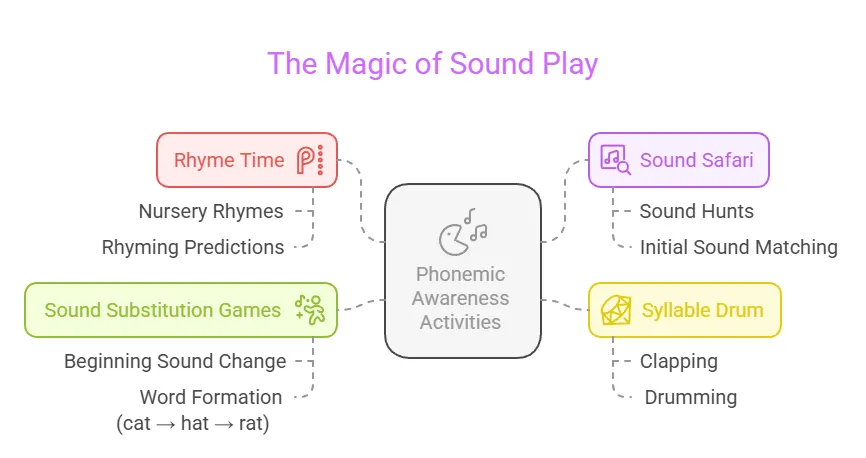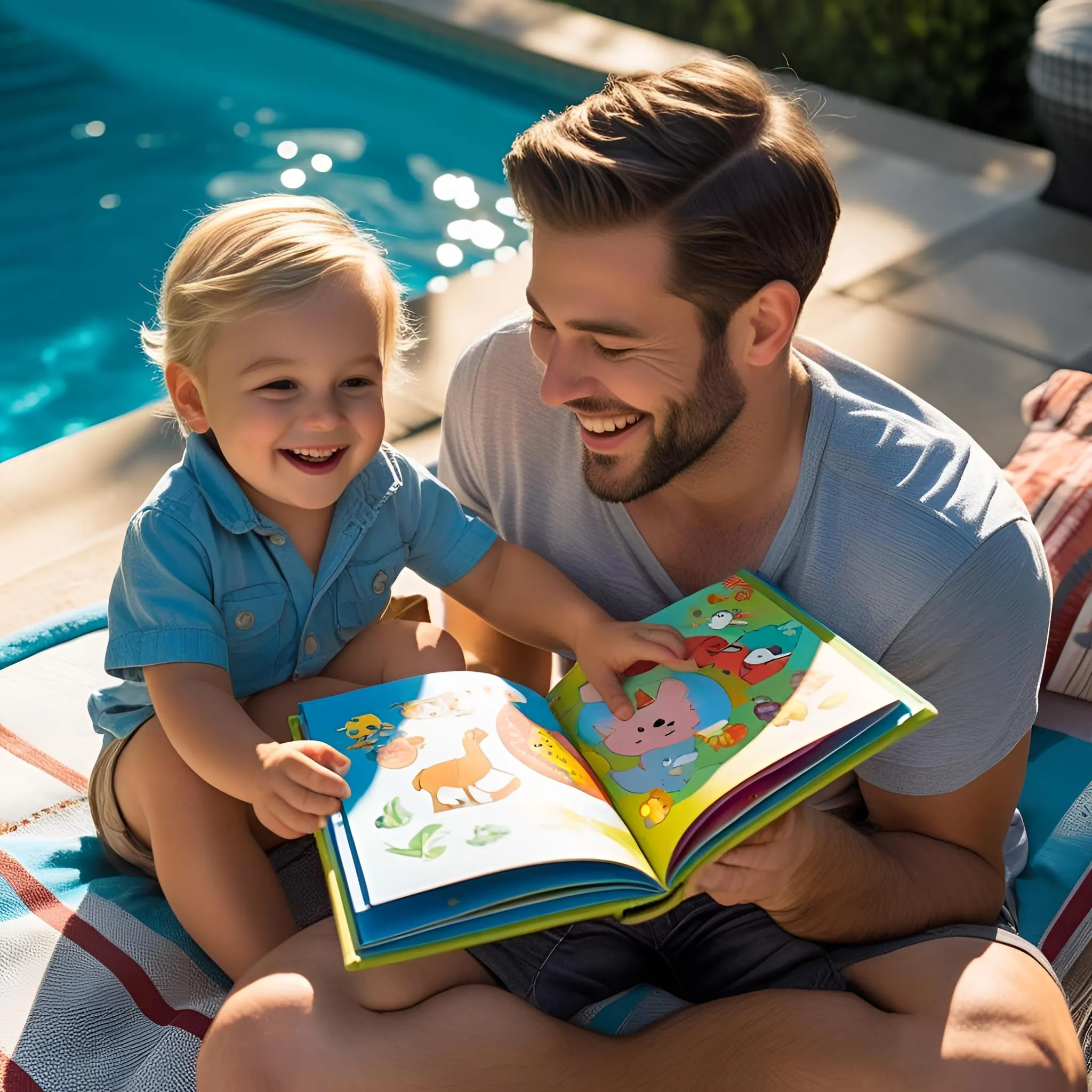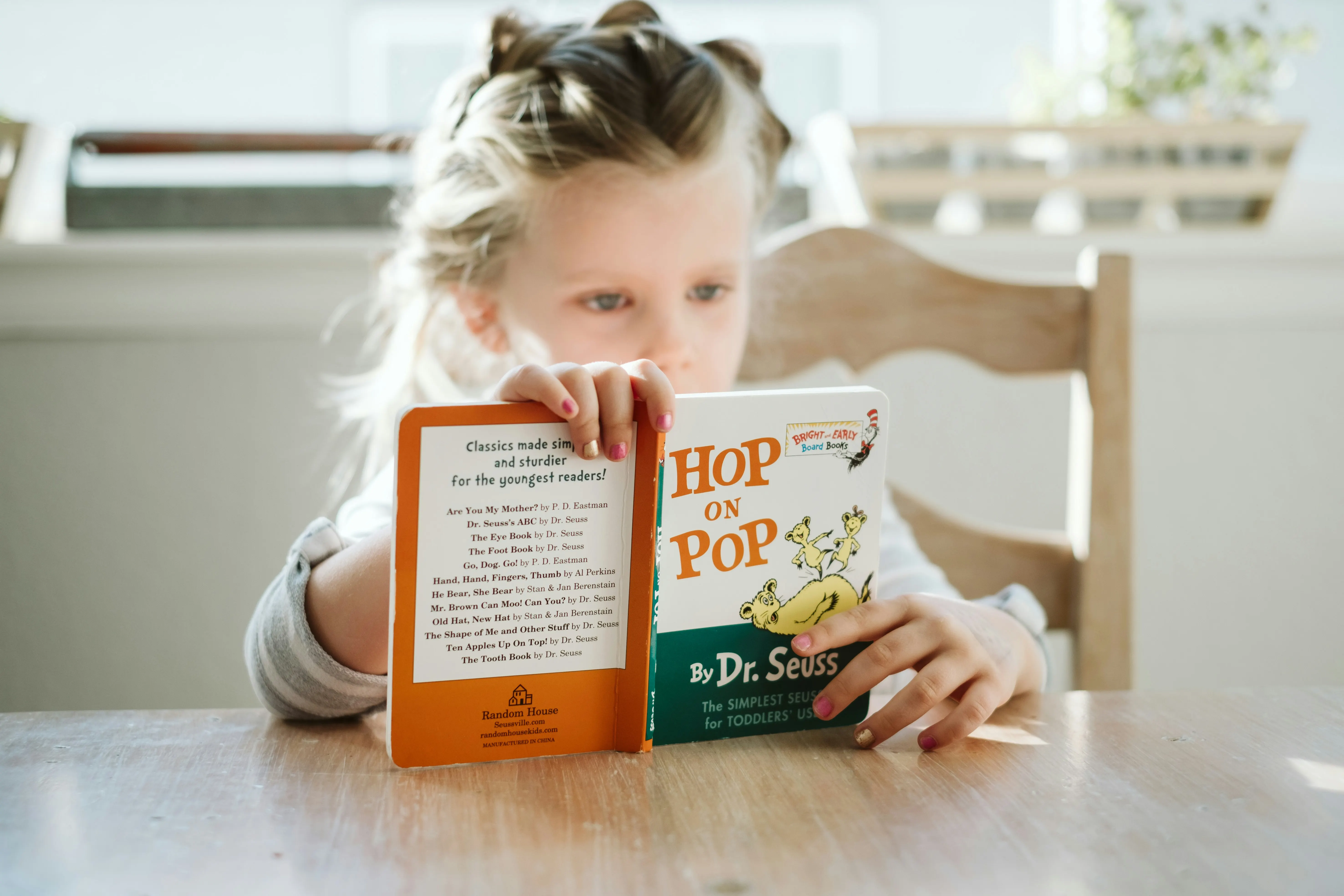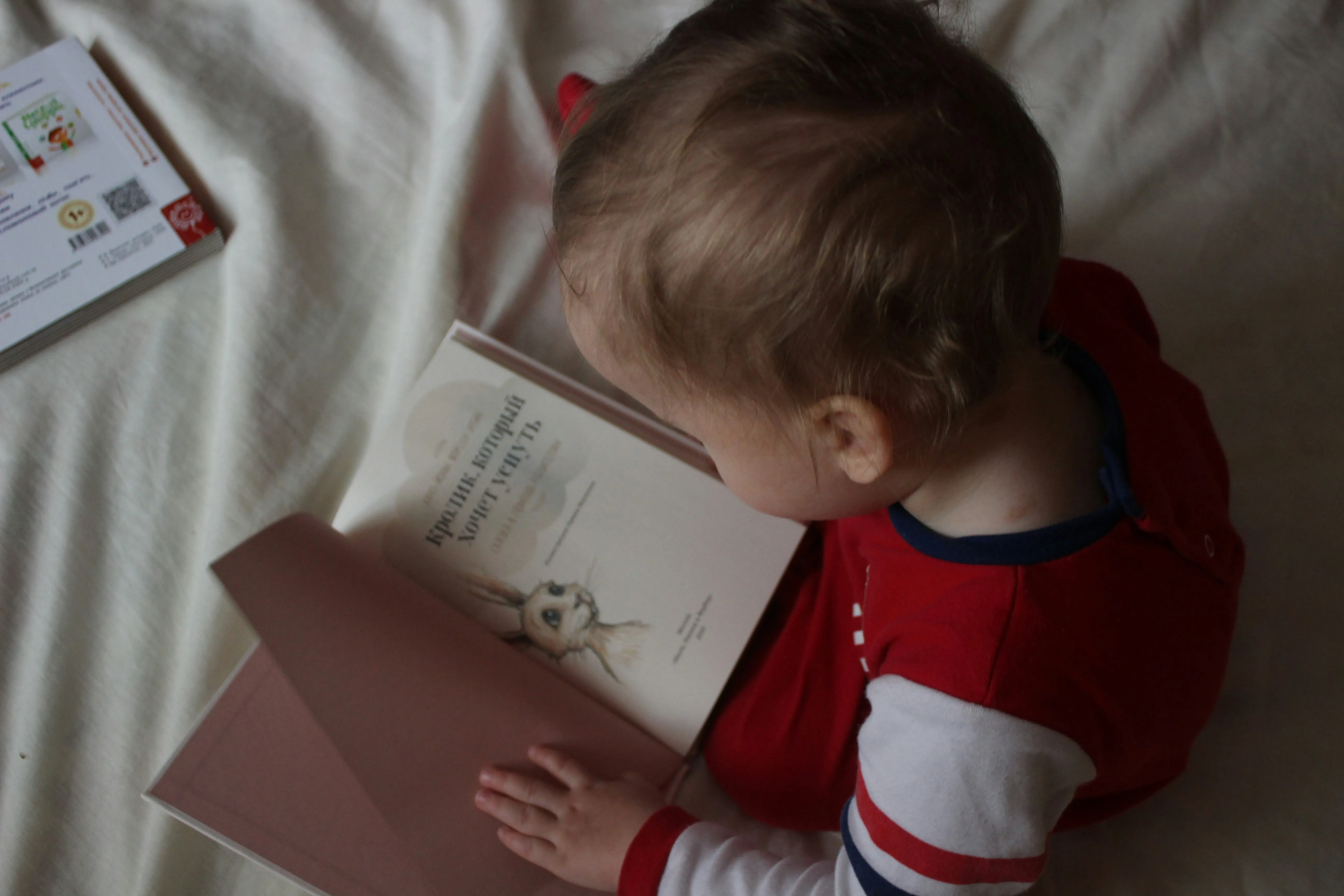Phonological Awareness: The Symphony of Language Learning
Phonological Awareness: Key to Early Reading Success | LearningTime Canada
While it may sound technical, phonological awareness is actually your child's ticket to the musical world of language! It's about developing an ear for the symphony of sounds that make up our spoken words. Let's explore how this fascinating skill transforms reading from a visual challenge into an auditory adventure!
What is Phonological Awareness?
Think of phonological awareness as your child's "sound detective" skills. Just as they learned about the physical aspects of books in print awareness and mastered letter shapes in letter knowledge, now they're discovering how words are built from individual sound building blocks. It's like giving them special "sound glasses" that let them see inside words!

The Magic of Sound Play
- Rhyme Time: Start with simple nursery rhymes and encourage your child to predict rhyming words
- Sound Safari: Go on "sound hunts" looking for words that start with the same sound
- Syllable Drum: Clap, tap, or drum out the syllables in words to feel the rhythm of language
- Sound Substitution Games: Change beginning sounds to make new words (cat → hat → rat)

Why It's a Game-Changer
Remember how we talked about vocabulary being your child's reading superpower? Well, phonological awareness is like their secret decoder ring! When children can hear and manipulate sounds in spoken words, they're better equipped to connect these sounds to the letters they learned about earlier. It's the bridge between their growing vocabulary and their budding letter knowledge.

Making It Fun and Natural
Just as we made vocabulary building a natural part of daily life, phonological awareness can be woven into everyday moments. Turn car rides into rhyming games, make up silly alliterative phrases while getting dressed, or play with sound substitution during snack time (would you like a 'bapple' instead of an apple?).
Remember...
Every song, rhyme, and word game is building your child's phonological awareness muscles. Combined with their growing print awareness, letter knowledge, and vocabulary, they're developing all the tools they need to crack the reading code. Keep it playful, keep it natural, and watch as your little sound detective blossoms into a confident reader!
Conclusion
Phonological awareness is a crucial stepping stone in your child's literacy journey. By incorporating playful and engaging sound-based activities into daily routines, you can foster these essential skills, paving the way for confident and successful reading experiences.
FAQ
What is phonological awareness?
- Phonological awareness is the ability to recognize and manipulate the sound structures in spoken language, such as words, syllables, and phonemes. It's a foundational skill for reading and spelling. READINGROCKETS.ORG
How does phonological awareness differ from phonemic awareness?
- Phonological awareness is a broad skill that includes recognizing and working with sounds in spoken language, while phonemic awareness is a subset focusing specifically on the ability to hear, identify, and manipulate individual phonemes, the smallest units of sound. SPLASHLEARN.COM
Why is phonological awareness important for my child's reading development?
- Developing phonological awareness helps children understand the relationship between sounds and letters, facilitating decoding skills essential for reading. Research indicates that strong phonological skills are predictors of successful reading and spelling development. READINGROCKETS.ORG
What are some activities to enhance my child's phonological awareness?
- Engaging in activities like clapping out syllables, playing rhyming games, and practicing sound substitution can boost phonological awareness. For example, using LEGO bricks or beads to represent sounds in words can make learning interactive and fun. READINGROCKETS.ORG
At what age should I start focusing on phonological awareness with my child?
- It's beneficial to begin phonological awareness activities in early childhood, even before formal schooling. Early engagement with sounds through songs, rhymes, and playful activities lays a strong foundation for later reading skills. IMPROVINGLITERACY.ORG
Citations








































































































































